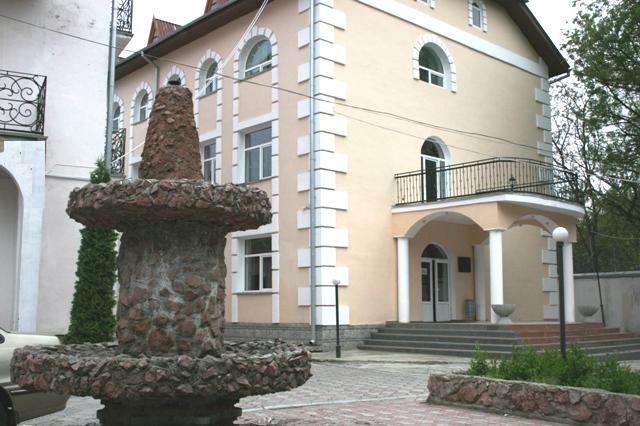The society of the Crimean Peninsula in the south of the Ukraine is widely varied; whereby it is inhabited by approximately 120 different ethnic and religious groups, the most prominent of which are the Christian Russian Slavs (40%), Ukrainian Christian Slavs (30%) and the Tartar Muslims of Turkish origins (18%). Dr.Hedar Khair Al Dinov, a professor of history at the national Crimean University, states that peaceful co-existence amongst these groups in the crimea was an example of mutual respect between cultures, with an intermingling of traditions and languages, showing that it was not an area of conflict for more than a thousand years.
The Soviet Error
The Crimea was named during the Soviet era as the red Soviet band, because it was a symbol of communism and a life of socialism which made all men equal on the basis of their loyalty to the regime. But the Soviet regime preserved co-existence and equality by killing and forced displacement and confiscating possessions of those whose loyalty was to an ethnic group or religion, first and foremost were the Tartars, of whom 300 thousand were displaced to South Asia and Northern Russia. After the Ukraine gained its independence in 1991, displaced Tartars began to return to their homeland and began their journey of retrieving their rights as citizens and their properties that were confiscated from them and distributed to others. This created great conflict between the various segments of society, and created a concern for the Ukrainian society in general and the Crimean society in particular.
After the Orange revolution in 2005 the element of Russian and western influences entered the picture, to strengthen the fears that the Crimea could become the battleground for the conflict between the west and Russia over the Ukraine, where all parties play on the variation in ethnic and religious groups to their benefit.
Decreasing the Conflict
In the context of decreasing the conflict amongst the segments of the Crimean society, Al Raed (the Federation of Social Organizations) sponsored the fifth annual round table, with the participation of 30 scholars and intellectuals in philosophy, sociology, religion, culture and literature, as well as many governmental figures. Dr.Ismail Alkady the President of the federation said that these events are considered to be a safety valve in the Crimean society, which study its problems and concerns, and submit practical solutions to the authorities.
Although the title of the round table was “The Crimean experience; a pioneer in the field of dialogue and coexistence and an international role model” but it threw the light on the extent of the fears that the conflict amongst the segments of society of the region could transform into armed bloodshed, and so the round table focused its discussions on finding ways and means for peaceful co-existence and productive dialogue.
The former councilor of the Ukrainian President said that with regards to national security the aim of the President from the round table is activating dialogue and alleviating the conflict which exists amongst the segments of society in the Crimea, because the previous years have witnessed many fierce interactions amongst them, especially between the Tartars and the Russians with regards to houses and lands which each party claims they own.
Requests
The participants in the round table requested that the heads of the ethnic and religious groups carry their responsibilities fully in raising the awareness of their group. Vladimir Kazayen the first deputy of the Ukrainian President in the Crimea said that he calls for all to feel the responsibility that is on our shoulders, and to show respect for others regardless of their ethnic origins or religious orientations, this is sufficient to ensure peace and coexistence in the Crimea, the Ukraine and the whole of the world.
The participants strongly condemned the media which enflamed the conflict and dissent in the Crimea, asking them to remain objective and to have a sense of responsibility. They also asked authorities to supervise and censor the media. They also asked authorities to come up with just and fast solutions for the problems of the region that would put an end to the conflict amongst its various segments, first and foremost the issue of the return of the Tartars and regaining their rights and possessions.
Related Links:
News
In Simferopol Took Place Conference Dedicated to Origin of Islam in Crimea
Unlawfully established Cross near Bakhchisarai was transferred on Church Territory
Mustafa Dzhemilev is Afraid of Provocations between Tatars and Russians
Crimean Tatars do not Pose Threat for Ukraine, - Doniy
There is Big Order to Interethnic Conflict in Crimea - Expert's Opinion
Activity of Foreign Organisations does not Lead to Islam Capture in Crimea
Inter-Confessional Conflicts in Crimea are inflated by Politicians and Journalists, - Expert Opinion
Articles



